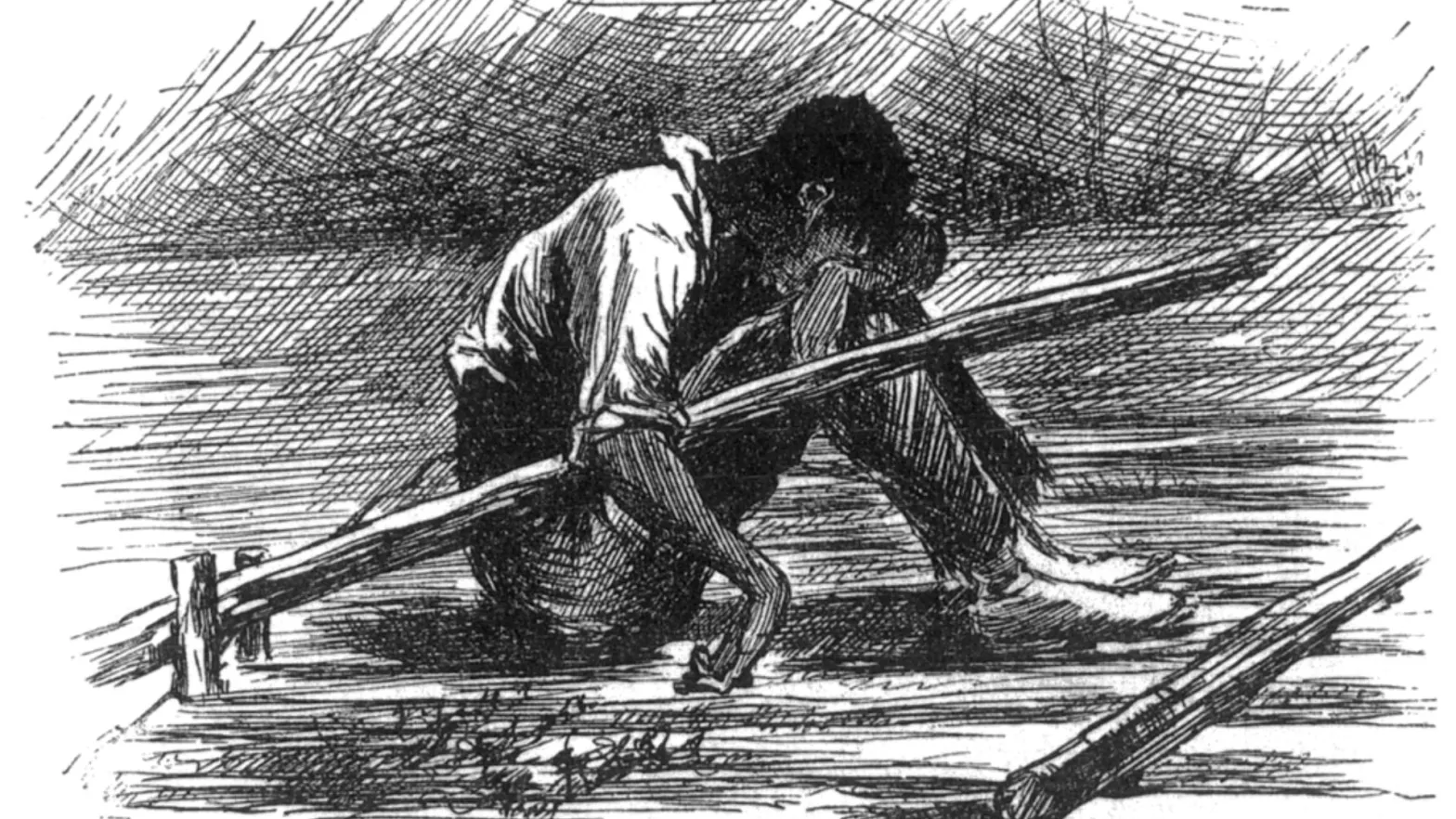Huckleberry Finn, Jim, and the “lie of silent assertion”

Stanford English Professor Shelley Fisher Fishkin has written tons about Mark Twain, and the Ebook Haven has written about it right here and right here and right here, amongst different locations. She’s simply printed a brand new ebook – and we imply new, just a few weeks out with Yale College Press: Jim: The Life and Afterlives of Huckleberry Finn’s Comrade.
Her birthday was celebrated immediately with a celebration together with her husband Prof. Prof. James Fishkin, a Stanford politics and communications scholar. They share a birthday, so I believed I’d have a good time each with a publish about Shelley’s new ebook, breaking the Ebook Haven’s lengthy four-month silence. (Sure, there’s a narrative; we gained’t inform it right here, immediately.)

Shelley learn from her afterword on the celebration, and he or she has allowed us to whet your literary urge for food with it, as she talks about Huck and Jim, the runaway slave:
I’m full of humility after I understand even a author as gifted as Mark Twain had such hassle getting his fellow Individuals to take a look at themselves within the mirror. The extra I examine American historical past, the extra I’m persuaded that Huckleberry Finn evokes – maybe as solely a murals can – each the boldness of founding a nation on the beliefs specified by the Declaration of Independence and the brazen hypocrisy that allowed these beliefs to be violated so absolutely from the beginning. It’s maybe unsurprising that the persistence of racism in our world has fostered a myopia that has prevented many – together with myself – from recognizing Jim’s full humanity till now.
After immersing myself within the historic situations surrounding Jim’s life, the experiences Twain had that led him to problem prevailing myths about race within the novel, the debates amongst critics about who Jim actually is, the methods by which actors and administrators have portrayed him on stage and display screen, how his phrases and his character have been depicted in a number of the sixty-seven languages by which we are able to encounter him, and the controversies surrounding him within the ntion’s highschool lecture rooms, I discover myself returning to the textual content itself with recent eyes.
I’m awed by Jim’s astute means to weigh the complexities of any scenario. By his compassion. By his sense of justice. By his creativity. By his energy. By his integrity. By his refusal to let a world that denies that he’s even human constrain his means to like.
And I’m nonetheless shocked by Twain’s daring experiment of presenting Jim solely by means of the eyes of a chlld with such a restricted understanding of what he’s seeing.
After which I understand what belief Twain had in us, his readers. He trusted in our means to learn between the traces and perceive issues that Huck by no means did. He trusted us to see by means of the whitewashed historical past of America’s racist previous that was being offered as reality even on the time he wrote and that has continued to be foisted on every new technology ever since. He trusted us to learn the story he positioned earlier than us and to acknowledge the phenomenon that he would later name the “lie of silent assertion” – “the silent assertion that there wasn’t something happening by which humane and clever folks have been … and are engaged by their obligation to attempt to cease.”
Do we now have the braveness to honor that belief, to be the readers he hoped we may very well be? The jury continues to be out.

Tags: Huckleberry Finn, James Fishkin, Jim, Mark Twain, Shelley Fisher Fishkin, Tom Sawyer


0 Comment